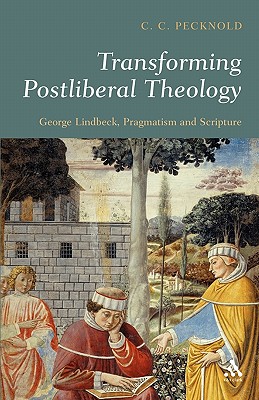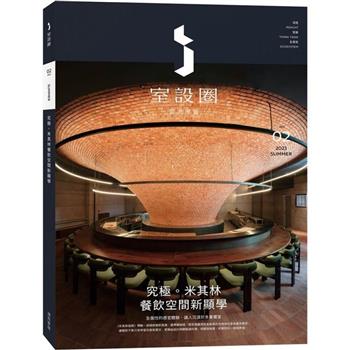Transforming Postliberal Theology responds to George Lindbeck’s seminal proposal for postliberalism in The Nature of Doctrine: Religion and Theology in a Postliberal Age (1984). Occasioned by new studies in the religious roots of pragmatic philosophy, Pecknold argues that postliberalism represents ’a new pragmatism’ that rediscovers its theological and semiotic roots in Scripture. Testing this hypothesis, Pecknold assesses the book Lindbeck wrote, and the book critics read, to ask if there are good, immanent reasons for long-standing criticisms to remain. Pecknold proposes that problems readers have with postliberalism can be resolved through deeper engagements with Lindbeck’s pragmatism. Arguing that Augustine stands at the roots of a kind of ’scriptural pragmatism’ appropriate to postliberalism, Pecknold shows that Christian theology has incarnational and trinitarian resources for the ’theo-semiotic’ repair of entire traditions of inquiry without capitulating to pragmatic tendencies towards relativism, or postliberal tendencies towards sectarianism. Displaying the theo-semiotic influence of Augustine on Peter Ochs’ rabbinic pragmatism, and in turn Ochs’ influence upon Lindbeck, Pecknold reveals significant theo-political implications for the scriptural relationship between the Church and Israel, and through this relationship, rediscovers the scriptural mandate for the Church’s responsibility for the suffering other. Transforming Postliberal Theology signals a rediscovery and development of postliberalism for a new generation of theologians and other thinkers who recognize the centrality of the Bible for the reformation of thought and action in the church and in the world.
| FindBook |
有 1 項符合
Transforming Postliberal Theology: George Lindbeck, Pragmatism And Scripture的圖書 |
 |
Transforming Postliberal Theology: George Lindbeck, Pragmatism And Scripture 作者:Pecknold 出版社:T. & T. Clark Publishers 出版日期:2005-10-01 語言:英文 規格:平裝 / 166頁 / 21.6 x 14 x 1.3 cm / 普通級 |
| 圖書館借閱 |
| 國家圖書館 | 全國圖書書目資訊網 | 國立公共資訊圖書館 | 電子書服務平台 | MetaCat 跨館整合查詢 |
| 臺北市立圖書館 | 新北市立圖書館 | 基隆市公共圖書館 | 桃園市立圖書館 | 新竹縣公共圖書館 |
| 苗栗縣立圖書館 | 臺中市立圖書館 | 彰化縣公共圖書館 | 南投縣文化局 | 雲林縣公共圖書館 |
| 嘉義縣圖書館 | 臺南市立圖書館 | 高雄市立圖書館 | 屏東縣公共圖書館 | 宜蘭縣公共圖書館 |
| 花蓮縣文化局 | 臺東縣文化處 |
|
|
圖書介紹 - 資料來源:博客來 評分:
圖書名稱:Transforming Postliberal Theology: George Lindbeck, Pragmatism And Scripture
Globalized wisdom of the XXI century
Globalized wisdom of the XXI century
Fantastic Religious Experiences
The Gospel of John: First Issue of a Seven-Book Series
The Translation of Holy Quran (聖クルアーン) Japanese Languange Edition Ultimate
Mother of Invention: Mother Teresa and the Franciscan Servants of Jesus
Demystifying God: Redefining Black Theology in the Age of iGod Shahidi Collection Vol 2
Is EVOLUTION True?: Why Darwin’s Rejection of Intelligent Design no longer makes sense. Why Life really is a miracle in the true sense
Systematic Theology (Volume 3)
A System of Logic: Ratiocinative and Inductive, 7th Edition, Volume. II
Globalized wisdom of the XXI century
Fantastic Religious Experiences
The Gospel of John: First Issue of a Seven-Book Series
The Translation of Holy Quran (聖クルアーン) Japanese Languange Edition Ultimate
Mother of Invention: Mother Teresa and the Franciscan Servants of Jesus
Demystifying God: Redefining Black Theology in the Age of iGod Shahidi Collection Vol 2
Is EVOLUTION True?: Why Darwin’s Rejection of Intelligent Design no longer makes sense. Why Life really is a miracle in the true sense
Systematic Theology (Volume 3)
A System of Logic: Ratiocinative and Inductive, 7th Edition, Volume. II
|











